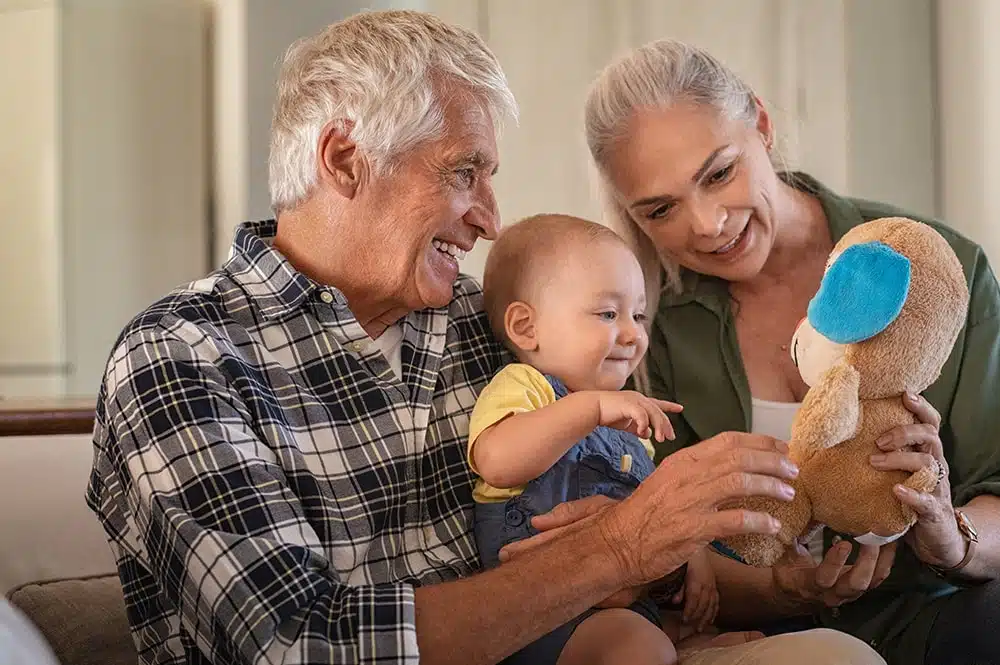Many of our clients express a desire to give assets to grandchildren, either during lifetime or upon death. However, there are some serious drawbacks to many options for giving gifts to grandchildren. The biggest worry is about managing the gift, and controlling or overseeing how the gifted monies are used. Clients also worry that the gift could affect a grandchild’s eligibility for financial aid if the grandchild is in or nearing college. However, structured properly, you can resolve these issues if the assets are gifted to a Trust, rather than giving the funds to them outright. With a trust, you can direct how you want the assets to be used, when the assets can be distributed, and even how the funds can be spent. Transferring funds into a trust for the benefit of a grandchild offers the following benefits:
- You can reduce the size of your estate by transferring up to $15,000 (in 2019) into each trust you create for each grandchild. No gift taxes will be due, and no Gift Tax Return will be required, in connection with the transfers so long as the transfers do not exceed the $15,000 annual exclusion amount. If you want to gift assets in excess of $15,000, you can do so, but you will be required to file a federal Gift Tax Return and soak up some of your $11,400,000 lifetime Gift Tax exclusion.
- Although the trust then becomes the owner of the assets, you can structure the terms of the trust as you see fit and control when assets are distributed, and for what purposes they are to be used.
- Income earned by the trust from the amounts that you’ve gifted will not typically be taxed to you. Typically, the trust (or the beneficiary, if the income is paid out) pays the taxes. Of course, in certain situations, it may be desirable for the income to be taxed to you. The trust can be established either way.
- Amounts deposited in trust, and the income earned from those funds, will be used for the benefit of your grandchildren; and
- You can provide that the trust terminates at any age you specify, or run for the grandchild’s lifetime benefit. In order to enjoy these benefits, however, the trust must be created, executed and funded properly.
Finally, as with any gifting plan, you must be comfortable that the money you are keeping in your name is sufficient to cover your care costs (at least over the next five years). In short, you should only make gifts if you feel certain that the amount of funds remaining in your name and the amount of income such funds will produce will be adequate for your future needs.
If you would like to discuss transferring assets in trust for the benefit of a grandchild, please call us or contact us here, to discuss the same.



